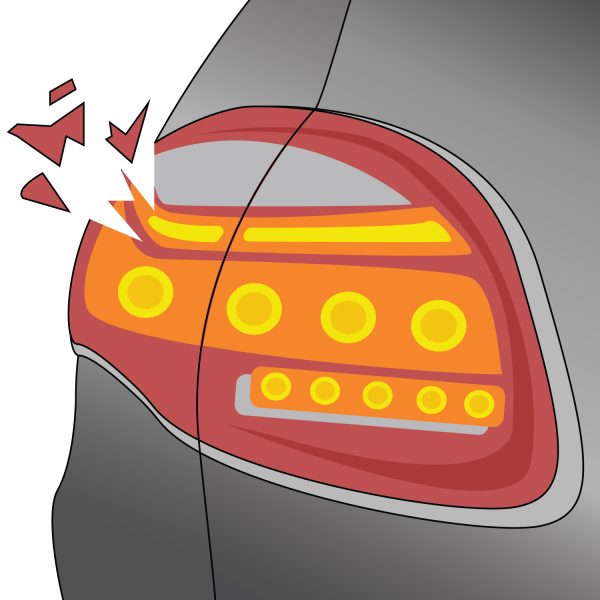Dining Services makes sustainability efforts
Composting food, disabling receipt printers, purchasing local food and cooking from scratch are just a few examples of how dining services has begun efforts towards becoming more sustainable as a department.
As other departments on campus are finding ways to be more sustainable, dining services has found unique ways to join the University of Wisconsin-Platteville in helping reduce its environmental footprint.
Last spring, all dining locations began composting food scraps. This allows the food to break down naturally and efficiently, rather than decomposing in a land fill. Many locations are filling up the compost buckets very quickly; each time doing their part to be more ecofriendly. After the excess food is put into the buckets, it is transported to a digester in Dane County by Sanimax, where it produces electricity and is converted into dry soil-matter.
“We have been composting over 3,000 pounds per week since classes started this fall; composting costs our campus an average of $56/ton, while landfill waste costs us an average of $168/ton,” sustainability coordinator for UW-Platteville Amy Seeboth said.
Another way dining services has made a sustainability impact is that they have disabled their receipt printers in all retail locations. Before the change, a receipt would print each time there was a purchase. Most of the time the receipts would find their way to a garbage. Now, receipts are only printed upon customer request.
“There is a noticeable difference, garbage cans by the registers contain a lot less receipts now,” Greenwood Avenue Market Student Manager Sara Bruening said. Food Service Manager Eric Egan also believes that the disabling of receipts has saved both the campus and dining services money.
“As a department, we purchased 1.8 million feet of register paper last year. In addition to the waste savings, the cost savings associated with disabling the printers made the decision a complete no brainer,” Egan said.
Dining services has also begun purchasing small amounts of food from the campus gardens. These gardens are led by the Green Campus Project and the Office of Sustainability. By doing so the distance food needs to travel before it can be used in campus kitchens is reduced.
Shipping weight and frequency are two factors that can contribute to a large carbon footprint. Dining services has always preferred to cook from scratch. Scratch cooking allows dining services to purchase nonperishables in bulk quantities, which helps reduce frequent deliveries. Additionally, this model cuts down on the unnecessary packaging waste associated with prepackaged and prepared foods.
Each dining location has different ways that they are contributing to sustainability. GWAM, The Perk and Kristine’s Kafe have started selling Boxed Water on campus. Boxed Water is better for the environment because plastic is not being used and square items are easier to ship, which leaves less of a carbon footprint. Bridgeway Commons is also contributing to the sustainability efforts by not using trays, which helps students to take less food, which can lead to less food waste.
Catering has also entered the sustainability endeavor. They have switched to compostable cups and silverware which get used almost daily.
“[Catering] for sure has less garbage waste. Compost buckets do fill up quickly but it’s nice to see less items going into the garbage,” Dining Services Catering Manager Crystal Taylor said.
Seeboth has been a great leader for dining services in planning and implementing these sustainability efforts.
“[The Office of Sustainability] looks forward to doing more with Dining Services including more composting, purchasing local foods, and post-consumer composting,” Seeboth said
Some tips that Seeboth mentioned for students to be more sustainable while eating on campus are remembering to recycle, avoid using a straw and lid and using plastic plates and metal silverware when eating at the Crossing, instead of using to-go containers. With that, dining services will continue to find new ways to help UW-Platteville become more sustainable as a university to enhance the quality for future students.














